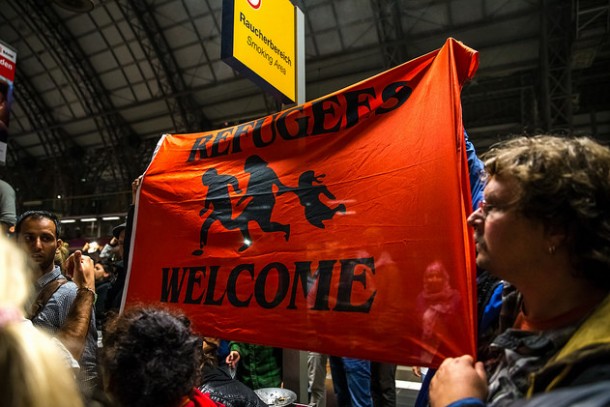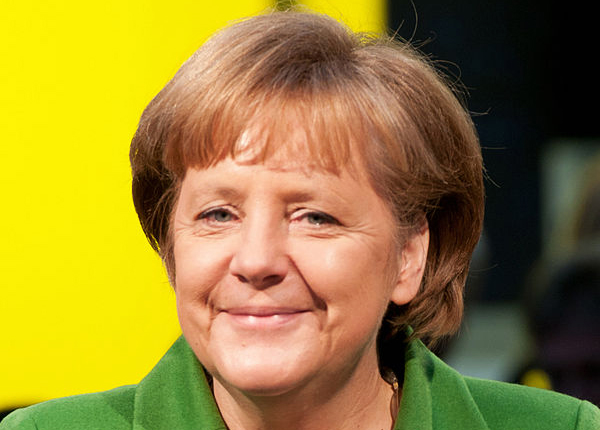Read Part I of this article here.
Der Spiegel leads us further back in time, in order to understand a watershed moment in the Syrian conflict, with another piece titled “Assad’s Cold Calculation: The Poison Gas War on the Syrian People“, by Hans Hoyng and Christoph Reuter, dated August 26, 2013.
The topic here is the episode of the Ghoutha chemical attack, occurred on the 21th of August 2013. Taken in consideration shortly-previous attacks with the terrible sarin gas, the piece starts this way:
Why exactly, Syrian President Bashar Assad asked in mid-June, were so few people killed in the chemical weapons attacks he had allegedly ordered? The United States government had cited a death toll of 100 to 150 a few days earlier. But it would be “illogical,” Assad pointed out, to kill such a small number of enemies with chemical weapons, since they could easily be killed “using conventional weapons” instead.
Indeed, the use of weapons of mass destruction to kill a handful of civilians or rebels instead of against masses of people contradicts the common conception of these types of weapons.
Nevertheless, weeks earlier, a well-known poison gas expert voiced his suspicion in an off-the-record conversation that minimal use of chemical weapons was seen as the best way get the West used to its deployment — triggering an ongoing international dispute over whether nerve gas was being used at all. The expert said that, at some point, “the commotion over the use of chemical weapons per se” would “have dissipated.”
Following the Ghouta attack, several countries, including France, the United Kingdom and the United States, discussed whether to intervene militarily against Assad’s government forces. On 6 September 2013, the United States Senate filed a bill to authorize the intervention of military forces against the Syrian military. They were ready to go and put a stop to this atrocity. Unfortunately, the use of such mass weapons still seemed “illogical”, and they needed to be backed by an influential voice.
Guess who?
Berlin endorsed the clamour to convince the world that it was Syria’s President who ordered a chemical weapons attack. German media reported that the country’s spies had intercepted calls and communications which pointed directly at the Syrian leadership, as explained in this video.
To recall once again her point on the issue,a few days later Angela Merkel stated, once again, that there is “no evidence” that the government of Syria used German products to manufacture chemical weapons, as testified in this video, where she also added:
According to the data available to us, those chemical products were used for civil purposes.
She was probably referring to the Centre D’Etudes et de Recherches Scientifiques in Damascus, where, since the mid-1970s, German scientists were jointly responsible for new research and development of nuclear, biological, chemical, and missile-related technology.
This is still alive in the memories of some of the survivors of the Ghouta attack, who, along with their comrades in Halabja, Iraq, spoke in one voice about their suffocating experiences with the #Breathless campaign. Part of their open letter – actually pointing at several European nations and aimed at curbing the use of these weapons in warfare – declaim:
German companies helped to set up the so called State Enterprise for Pesticide Production in Iraq, provided goods, material, technical infrastructure and knowledge, companies from France and Austria were involved on a smaller level, while Italian and Spanish companies delivered bomb containers and warheads suitable for the use with chemical agents. Only recently it became known that companies from Britain and — again — Germany supplied the Syrian regime with material and goods for the production of chemical warfare. Europe is an accomplice in the crime committed against us.
At the end, a week later she announced that Germany was ready to welcome all the asylum-seeker infinitely, she had to retreat, and reimpose border controls.



